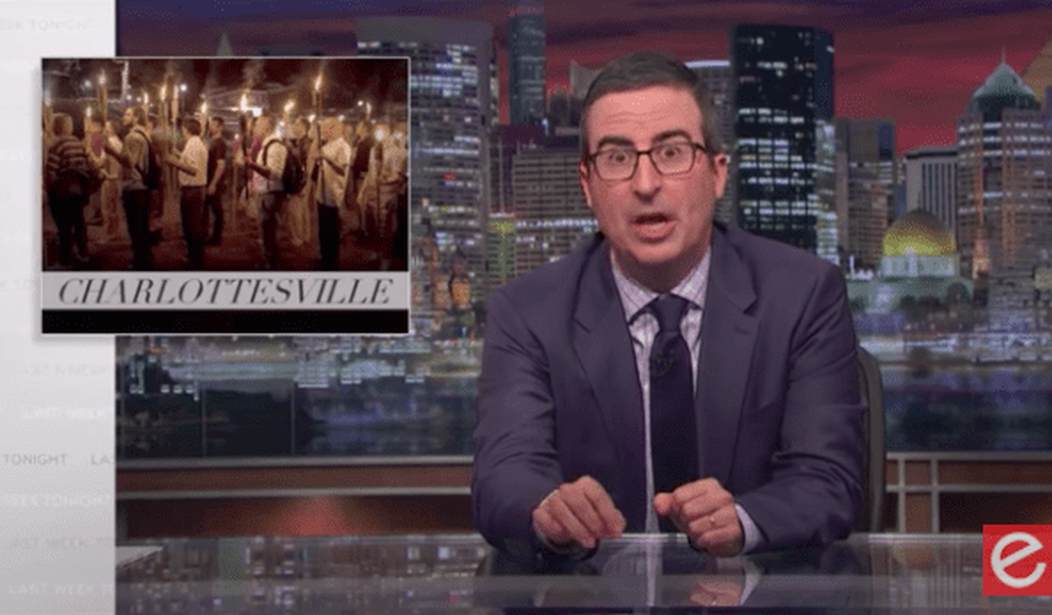Michael Martignetti pleaded with the Massachusetts Legislature’s Public Health Committee on Sept. 26 to be allowed to die on his own terms.
“If one day I am terminally ill and I am facing a drawn-out, painful death, I would want the option of medical aid in dying,” the AP reported Martignetti, who has a degenerative neuromuscular disease, said. “I don’t know if I will use it, but I know I want the peace of mind that I can use it, if I choose.”
Massachusetts adults dealing with a prognosis of death in six months or less would have the option to choose a quick and relatively painless end of their life under legislation proposed in the state legislature.
“When a patient faces an imminent, inevitable death, they should be given the option to shift the focus toward maximizing care and comfort, and minimizing (and not lengthening) pain and suffering,” state Sen. Barbara L’Italien, a lead sponsor of the legislation, wrote on her Facebook page.
The Massachusetts assisted suicide proposal is on its ninth life. For the eighth time, the idea is being offered to state legislators. Voters also rejected a ballot initiative in 2012.
“An Act Relative to End of Life Options” and a companion bill, S.1225, introduced in the Senate, would allow any Massachusetts resident over the age of 18 diagnosed with a fatal disease and a life expectancy of six months or less to take life-ending medication administered by a physician.
The Massachusetts Medical Society has opposed all seven previous legislative proposals that would allow people to choose to end their lives, as well as the Aid in Dying 2012 ballot proposition.
That opposition continued at the Public Health Committee hearing, held Sept. 26 for the eighth version of the bill.
“Physician-assisted suicide is fundamentally incompatible with the physician’s role as healer,” the MMS said in a statement. “Instead of participating in assisted suicide, physicians must aggressively respond to the needs of patients at the end of life… in order that these patients continue to receive emotional support, comfort care, adequate pain control … and good communication.’”
Dr. Mark Rollo told the Public Health Committee it was wrong to be “steering vulnerable people toward suicide.”
“Once legalized, assisted suicide becomes a cheap medical procedure upon which cash-strapped governments and profit-minded insurance companies will increasingly rely,” Rollo added.
However, Marie Manis, Massachusetts campaign manager for Compassion & Choices, a group supporting the proposal, said the bill contained a number of “safeguards” to protect terminally ill patients.
“In the six states — Oregon, Washington, Montana, Vermont, California and Colorado — that have authorized this option,” Manis said, “there has never been a single case of abuse or coercion.”
L’Italien testified the debate should not be about whether terminally ill patients would live or die.
“It’s not a question of whether they are going to die. They are going to die,” said L’Italien. “This is about whether they have the right to decide whether they are going to end pain and suffering.”
But these arguments are nothing new. Massachusetts has heard them all before —seven times in the legislature and once at the ballot box. Every time the answer has been “no.”
Why not let this go? Why not just put the idea of aid in dying in Massachusetts out of its misery?
Even after Massachusetts voters rejected the Death with Dignity ballot initiative in 2012, proponents of the assisted suicide proposal indicated they wouldn’t give up.
“Even in defeat, the voters of Massachusetts have delivered a call to action that will continue and grow until the terminally ill have the right to end their suffering, because today dying people needlessly endure in our Commonwealth and do not have the right to control their most personal medical decision,” Death with Dignity Act supporters said in their 2012 concession statement.
Before the Sept. 26 Public Health Committee hearing, Manis pointed to a 2014 Purple Strategies Poll that showed attitudes in Massachusetts had changed. The survey showed nearly 80 percent of Massachusetts voters support medical aid in dying as an option for terminally ill adults, including 64 percent of Catholics and 75 percent of people living with disabilities.
Seventy-nine percent of the survey respondents agreed with the idea that government “should not meddle with the private, personal decision of terminally ill patients to end their own lives.”
Margie Omero, executive vice president of Purple Insights, wrote in a 2013 email that those results were consistent in all age groups, as well as among Catholics and Republicans.
“A lot has changed with the issue and the movement,” said Kim Callinan, chief program officer of Compassion & Choices.









Join the conversation as a VIP Member